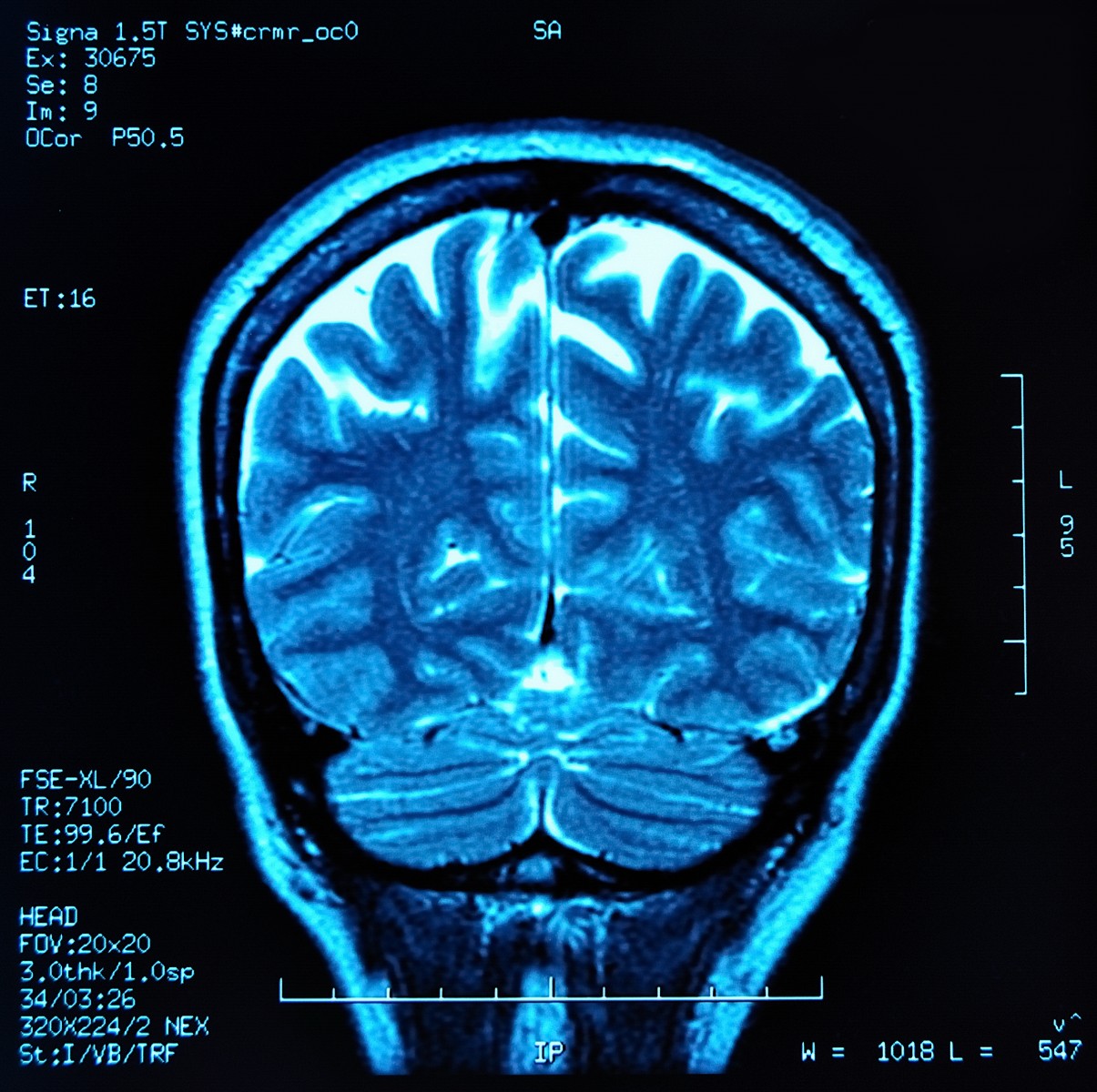New Study Explores Brain Damage in MS Patients with Autoimmune Comorbidities

People with multiple sclerosis (MS) who also suffer from other autoimmune conditions, like thyroid disease or diabetes, have more severe brain damage than MS patients without comorbidities, according to a study from the University at Buffalo. The study was recently published in the American Journal of Neuroradiology.
An earlier report from the North American Research Committee on Multiple Sclerosis suggested that MS patients with additional diseases have an increased risk for disability progression. Researchers had earlier established that there is an association between cardiovascular disease and lesion load in MS, but the impact of other conditions on disease progression is not known.
The study, “Autoimmune Comorbidities Are Associated with Brain Injury in Multiple Sclerosis,“ analyzed the medical records of 815 MS patients, of whom 241 had comorbid conditions and 574 did not. Most had one comorbid disease, but 42 had two or more conditions in addition to MS. The research team analyzed comorbid disease in relation to measures of brain tissue injury acquired by magnetic resonance imaging (MRI).
The most frequently encountered conditions were thyroid disease, present in 11.9 percent of these MS patients, followed by asthma, type 2 diabetes mellitus, psoriasis, and rheumatoid arthritis.
Brain tissue injury in these patients was localized to gray matter, particularly to the cortex, the team found. Psoriasis, thyroid disease, and type 2 diabetes — all conditions with an autoimmune component — were specifically associated with more severe MRI outcomes.
In addition to analyzing conventional lesion load, the team looked at data of unconventional MRI measures, such as brain atrophy, magnetization transfer imaging, and diffusivity. Researchers noted that evidence of brain tissue damage was found mostly with the unconventional techniques, and that an association between comorbidities and brain injury might, therefore, not be detected using only lesion burden MRI measures.
Although the team found a link between three autoimmune conditions and brain injury, researchers did not analyze all comorbidities present because of the limited number of patients. It is possible that also other conditions, such as systemic lupus erythematosus, type 1 diabetes mellitus, Crohn’s disease, and myasthenia gravis are also associated with more severe brain injury in MS.
Since the study analyzed only the presence of comorbidities and brain injury in a cross-sectional manner, the team could not conclude that the comorbidities caused an accelerated disease progression. More research is needed to establish the nature of these relationships.






